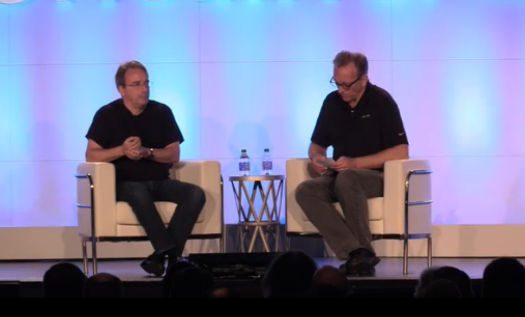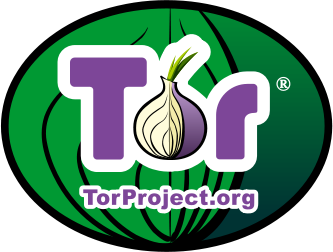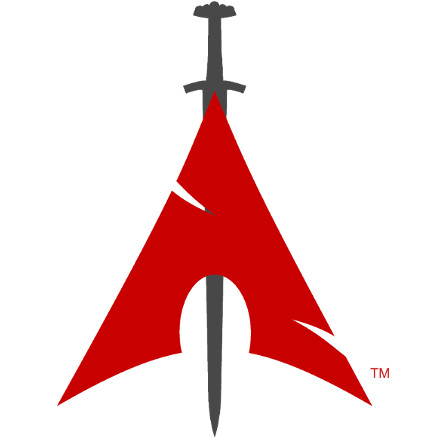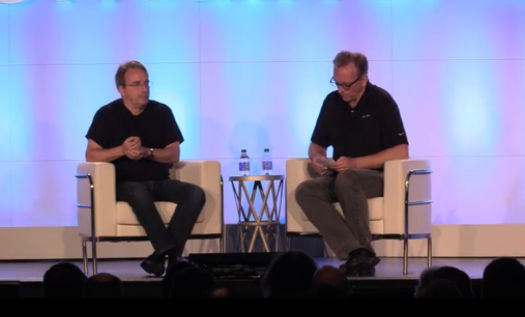In the last of our three part series that began last week on Linus Torvalds’ keynote interview at this year’s LinuxCon, Linux’s lead developer talks about everything from up and coming operating systems in IoT to the development process.
“You mentioned the strength of the GPL,” Dirk Hohndel said, by now about twenty minutes into his interview of Linus Torvalds at LinuxCon 2016. “Many new kernels have shown up in the last couple of years, mostly geared towards really small devices, the IoT space: Zephyr by Intel, Fuchsia by Google and a bunch more.”
If you are who you work for now, Dirk Hohndel is VMware’s boy. But at the time of the interview, only a few weeks back, he’d been working as VMware’s chief open source officer for less than a month. For almost fifteen years before that — fourteen years nine months he’s careful to point-out on LinkedIn — he belonged to Intel, where he served as chief Linux and open source technologist. Before that he spent six years at SUSE, where he was CTO when he left in 2001, two years ahead of the Novell brouhaha.
“One of the interesting commonalities is they’re all under BSD or MIT,” he continued. “Do you think they’re interesting and do you think that one of them could grow up and become a competitor for Linux or replace Linux?”







